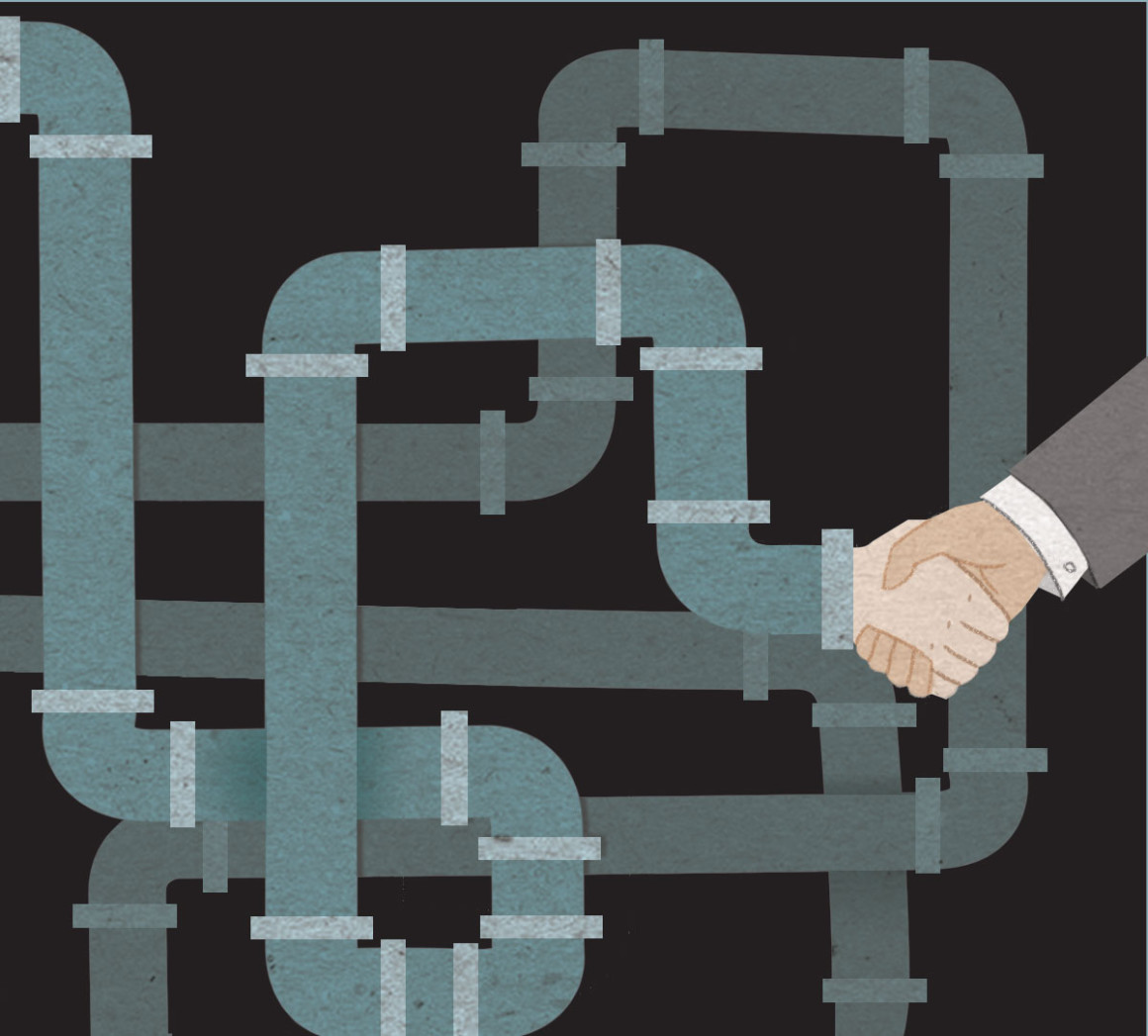
Provinces need to work together
Canada’s premiers and territorial leaders were in St. John’s, Newfoundland last week to discuss the Canadian energy strategy. While the leaders eventually agreed on a vague outline for Canada’s energy future that addressed both environmental and energy sector concerns, it was tensions between two western Canadian premiers that dominated the headlines.
Saskatchewan premier Brad Wall accused Alberta premier Rachel Notley of handing Quebec veto power over the proposed Energy East pipeline as negotiations were getting underway.
He made these comments after Notley said she understood Quebec’s desire to see Albertan action on climate change before they backed the pipeline that would carry crude oil from western Canada to New Brunswick.
Notley fired back, accusing Wall of “showboating.” Instead, she urged a “consensus-based dialogue” on energy issues.
Pipelines have dominated the energy debate in recent years. As Alberta’s oil production increases, the province faces difficulties when transporting it to markets. Recently proposed pipelines — Keystone XL and Northern Gateway — would help alleviate the problem, but they face vehement opposition from environmental groups and other organizations.
The Northern Gateway proposal would have transported Albertan crude oil to B.C.’s coast for export to Asian markets. After years of debate, it became clear that both the B.C. government and the province’s voters just didn’t want the project built. Most observers, including Notley, now agree the proposal is all but dead.
The precedent set by the Northern Gateway debates will affect future pipeline deliberations, including the argument over Energy East. While the cross-country transportation of goods is the federal government’s responsibility, provinces have more say than ever over what gets built on their land — whether Wall likes it or not.
Northern Gateway was approved by the National Energy Board and had the backing of the federal Conservative government. But if Northern Gateway can’t be built because of one province’s opposition, other projects will face the same difficulties.
This leaves premiers of energy-rich provinces like Notley and Wall in a tricky spot. Though their goals are almost identical, the two leaders took opposite approaches in their meeting with other premiers last week. Only one of these approaches has the potential to get anything accomplished, and it definitely isn’t Wall’s.
Criticizing Quebec and Ontario’s environmental stances and joking that equalization payments should start flowing through pipelines might win Wall political points at home, but it won’t build the Energy East pipeline.
Pipeline advocates are telling the truth when they argue that this is the safest way to transport oil across the country. But accidents can still happen. Just last week, a Nexen pipeline spilled 5-million litres of oil, water and sand in Northern Alberta.
It’s reasonable for Quebec and Ontario to demand stringent regulations and action on Alberta’s oil sands emissions before approving any pipelines on their land.
Rachel Notley didn’t give Quebec a veto on the Energy East proposal because the province already has one. Notley’s approach was the only one that improves the chances of getting the pipeline built. And if Alberta’s considerable environmental impact is reduced in the process, it won’t be the end of the world either.
Fabian Mayer, Gauntlet Editorial Board
